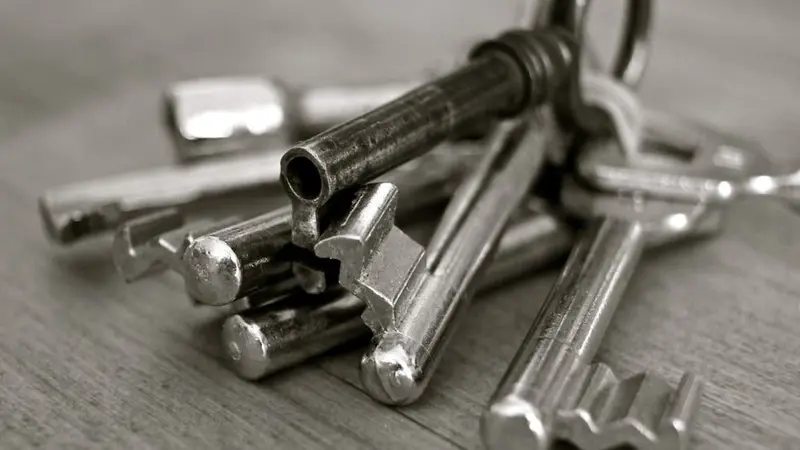The importance of looking after your property as a landlord

As a landlord, it is in your best interest to take good care of your property. Yes, a tenant must take care of the property they are renting, but the landlord has a greater duty of care to maintain their rental property for the long term. Just because a landlord does not live in that property, does not mean they should neglect it and leave maintenance up to the tenant. Numerous issues can arise if landlords do not look after their rental properties.
Legislation
First and foremost, all landlords are required by law to look after their properties. The Landlords and Tenants Act 1985 instructs that properties must be safe to rent out and live in. This means ensuring the properties meets Electrical Safety requirements and has a valid Gas Safety Certificate. Only the landlord is responsible for arranging these. Aside from putting tenants lives at risk, landlords who fail to keep up with such checks right could face legal consequences.
Landlord Gas Safety Checks
All home gas appliances require a Gas Safety Check every twelve months. Gas Safety Checks assess if appliances are working correctly and safely. Although checks should be arranged by the landlords, checks should only be carried out by a Gas Safe registered engineer.
Landlord Electrical Safety Checks
Similar to Gas Safety Checks, Electrical Safety Checks assess if all electrical appliances are working correctly and safely. Landlords are required to arrange these every five years, however, according to Electrical Safety First, landlords are exposing themselves to notable financial risks, from penalties and invalidated insurance due to not complying with their electrical safety requirements.
Avoid hassle amongst your tenants and other neighbours
Tenants may complain about their landlords if they are unhappy with how things are running. If the landlord is not taking care of repairs they are responsible for, or if they are harassing a tenant by entering their home without permission, for example, tenants can complain to their local council. Local councils can investigate complaints and offer advice to both the tenant and landlord, but if landlords fail to follow the advice offered, they could be taken to court.
Whilst a landlord’s primary responsibility is the tenant, they also have a duty of care to neighbours. Landlords should ensure they are renting out their property to the right tenants, who, not only respect their landlord’s property, but other neighbours too. Neighbour issues are of course never good for a landlord’s reputation, but private landlords can often be held liable for tenant negligence if they encourage the problem or deliberately disregard the situation.
Before renting out a property to a potential tenant, landlords are advised to:
- Check their credit history
- Gather references
- Perform background checks
It’s a business, not a hobby
Finally, property rental is considered as a business, not a hobby, therefore all landlords should uphold a professional attitude. This means:
Maintaining a professional relationship with clients
Having a friendly relationship with tenants is great; there is a higher level of trust and longer-term tenancies are more likely. But over-stepping the boundaries can be dangerous as there is always the likelihood of things turning sour.
Having the right insurance in place
Landlords insurance isn’t compulsory; however, many professional landlords do have insurance in place because they know that lots can go wrong with tenants in their home and having some sort of protection in place can make things much easier.
Professional landlords are more likely to retain tenancies and a good reputation, and ultimately avoid major problems.
If you require further information on the importance of looking after your property as a landlord, do not hesitate to get in contact with the relevant office using our contact details below.
Glasgow
0141 552 2230
Glasgow@jamesgibb.co.uk
Edinburgh
0131 229 3481
Aberdeen
01224 650 600
aberdeen@jamesgibb.co.uk


